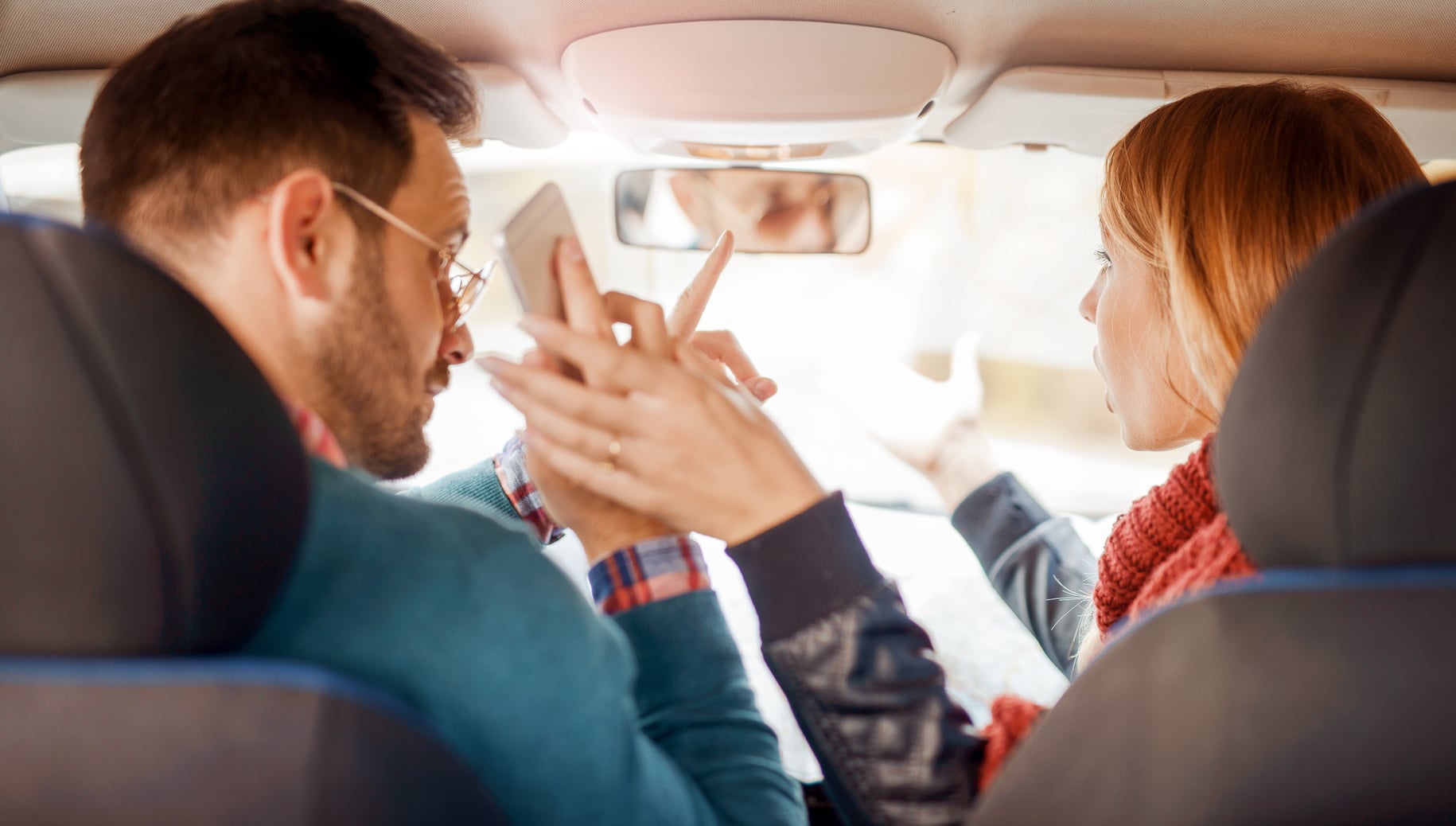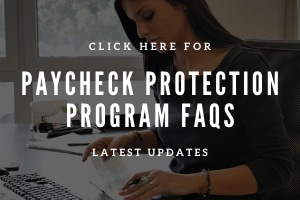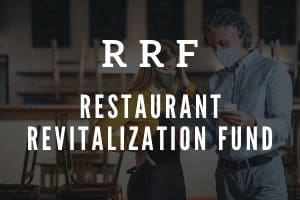
Reckless driving might not sound like the worst charge but it can add to the risks of driving on already dangerous roadways. In 2015, there were no deathless days on Texas roads.
If an officer witnesses your driving violations, they don’t need any other witnesses. It’s one of the traffic offenses that means you can be arrested on the spot.
Read on to find out what the charge means and how an attorney can help.
What Does A Reckless Driving Charge Mean?
This charge means the driver had no regard for the safety of others. No one needs to prove you drove recklessly on purpose.
The prosecution just needs to prove you knew the risks and ignored them.
The types of driving violation that lead to a reckless driving charge vary across states. But in Texas, they can include;
- Racing other drivers
- Driving without headlights after dark
- Using a cell phone or texting while driving
- Evading police officers
- Running red lights
- Failing to signal
- Overtaking vehicles where you can’t see oncoming traffic
- Exceeding the speed limit by 25 miles per hour (or more)
These charges are considered a misdemeanor crime. You can also be charged in any space that is open to public traffic.
That includes parking lots or garages.
What Penalties Can I Expect?
In Texas, the maximum fine is $200, or you could serve 30 days in jail. In a worst-case scenario, you’d face both. The conviction remains on your permanent criminal record. If your job requires you to drive then you could even lose your job.
Convictions can also lead to;
- Deportation
- Suspension of your license
- A criminal record
- Losing your parole
- A fine and/or jail time
The circumstances of the offense often dictate the final charges. If you intentionally drove the wrong way down a highway, breaking the speed limit in the process, then you’d get a reckless driving misdemeanor charge.
If you killed or injured people in the process, you’d get a felony charge.
Not stopping when a police officer signals for you to do so means you can be charged with fleeing. This Class B misdemeanor comes with up to six months in jail.
What Do I Do Next?
Contact a criminal law firm that specializes in driving charges. They can explore how the circumstances will affect the penalty you receive.
Speak to an attorney before you pay a fine. It’s possible you may have the fine reduced, or even dismissed, depending on the circumstances.
If circumstances permit, the judge may reduce the points added to your driving record by sending you on a driving course.
As long as excessive speed, property damage, or a hit-and-run wasn’t involved, you’ll be able to avoid higher insurance premiums.
Attorneys can also help you to change the plea to a lesser violation. If they press for the case to go to trial, the state needs to prove that you consciously acted without regard for the safety of others.
We can help with traffic violations, including reckless driving charges. Contact us as soon as possible.





